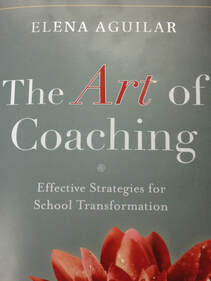
In chapter 3 of the “Art of Coaching”, the author introduces a framework titled “The Ladder of Inference”. This framework provides a tool to see how our beliefs are formed and why we do what we do. The “Ladder of Inference” is formed around 7 concepts.
Concept 1: Observable Data and Experiences
Concept 2: Selected Data
Concept 3: Added Meaning
Concept 4: Assumptions
Concept 5: Conclusions
Concept 6: Beliefs
Concept 7: Actions
The role of a coach is to support others with moving through the steps listed above to form their belief system. As leaders, we must actively explore our beliefs systems, to see transformational and sustained change within our school systems. Finally, “The ladder of Inference is a tool to help us delineate the cognitive steps that lead to our belief system, When we guide clients down the ladder, they can explore other ladders to climb up. This is how we dismantle racist belief systems, or beliefs systems about boys and education, or girls and math, and so on.”-Elena Aguilar


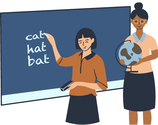



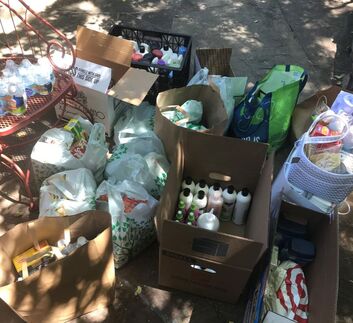
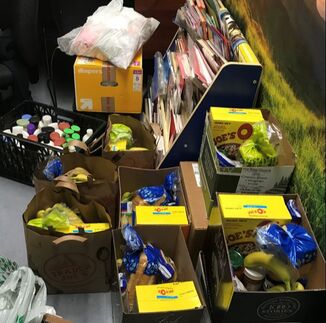
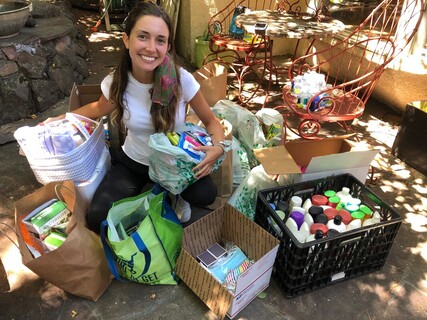


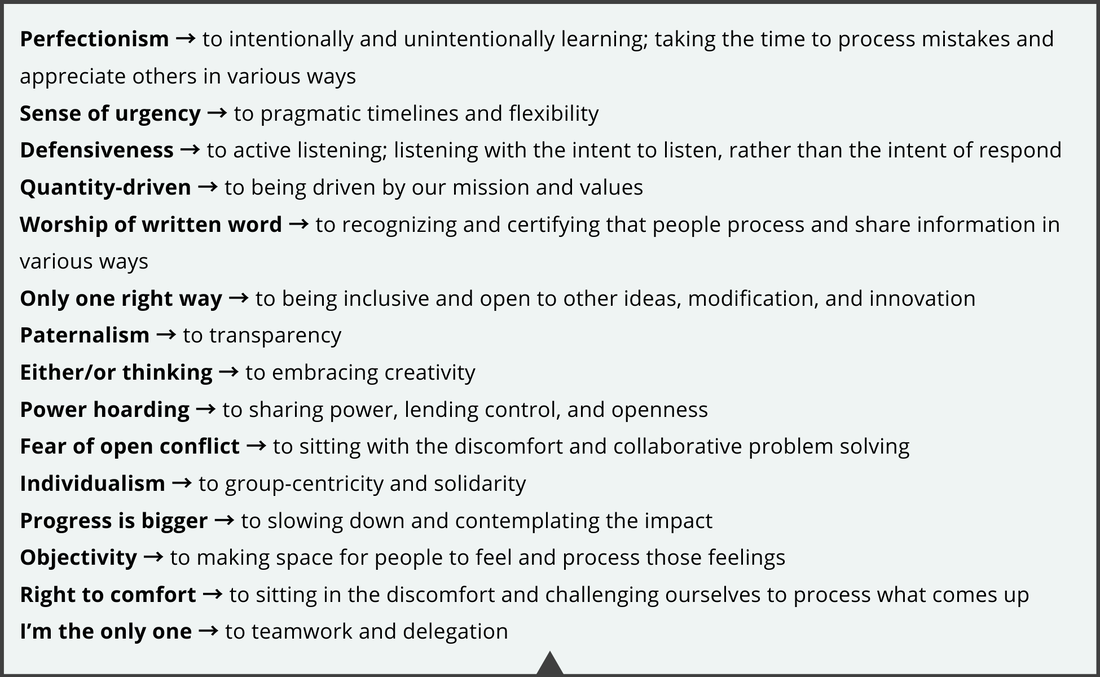
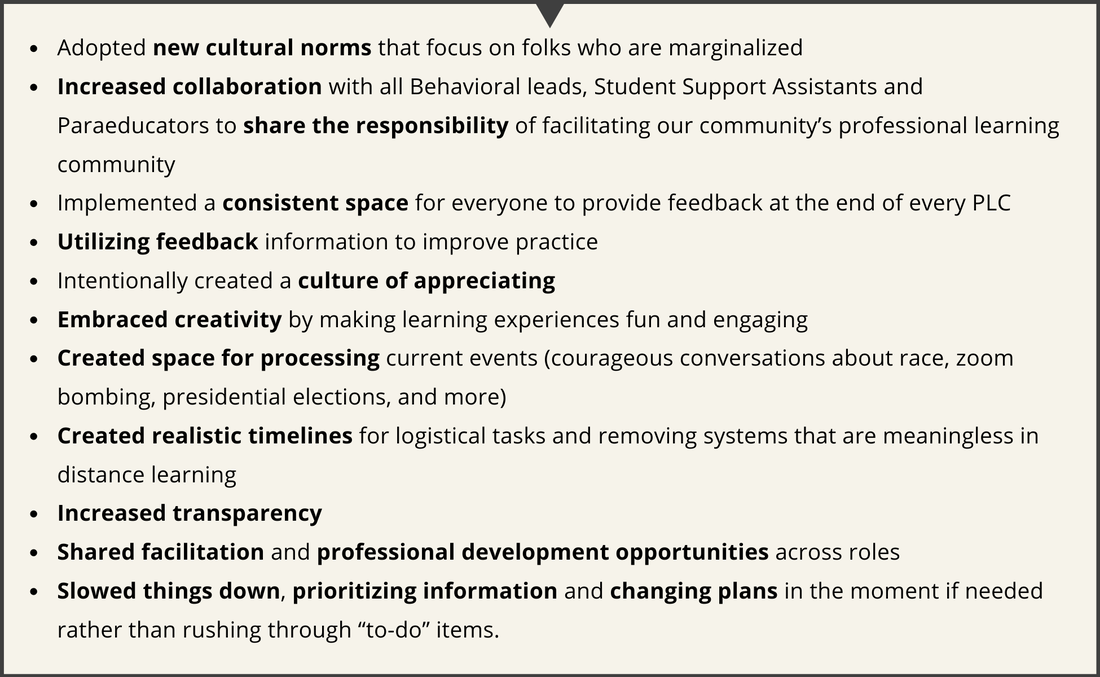

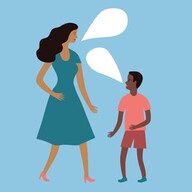
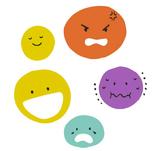




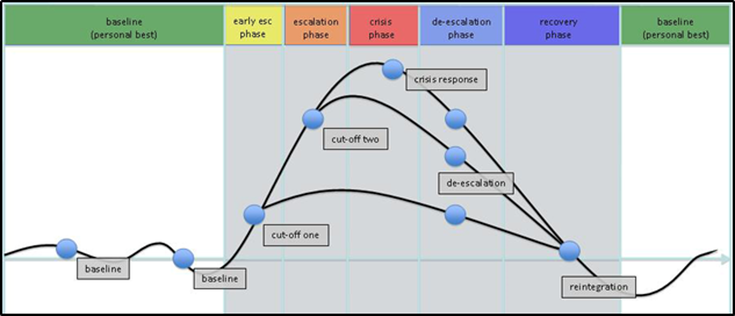






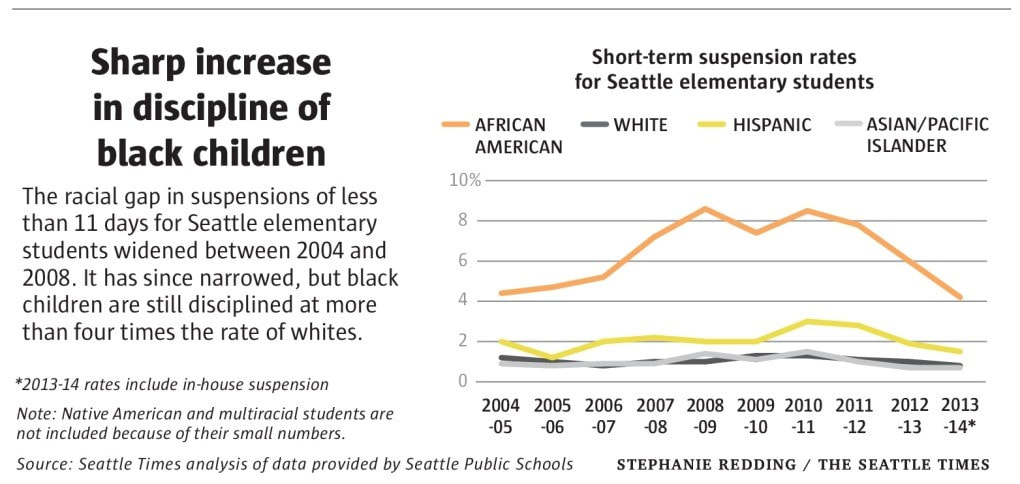

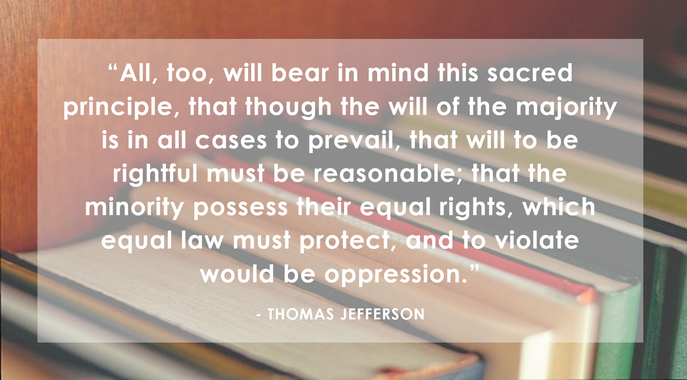
 RSS Feed
RSS Feed